Shibu Soren, fondly known as “Dishom Guru” (Great Leader), was a towering figure in Indian politics, instrumental in the creation of Jharkhand and a lifelong advocate for tribal rights.
As the founder of the Jharkhand Mukti Morcha (JMM), Soren’s legacy is a blend of grassroots activism, political triumphs, and controversies.
This article explores his remarkable journey, political career, education, reforms, family life, health, final days, and the future of Jharkhand.
Early Life and Place of Birth
Shibu Soren was born on January 11, 1944, in Nemra village, Ramgarh district, in what was then Bihar (now Jharkhand). A member of the Santhal tribal community, his early life was marked by hardship. At age 15, his father, Shobaran Soren, was allegedly killed by moneylenders, an event that fueled Soren’s lifelong fight against exploitation.
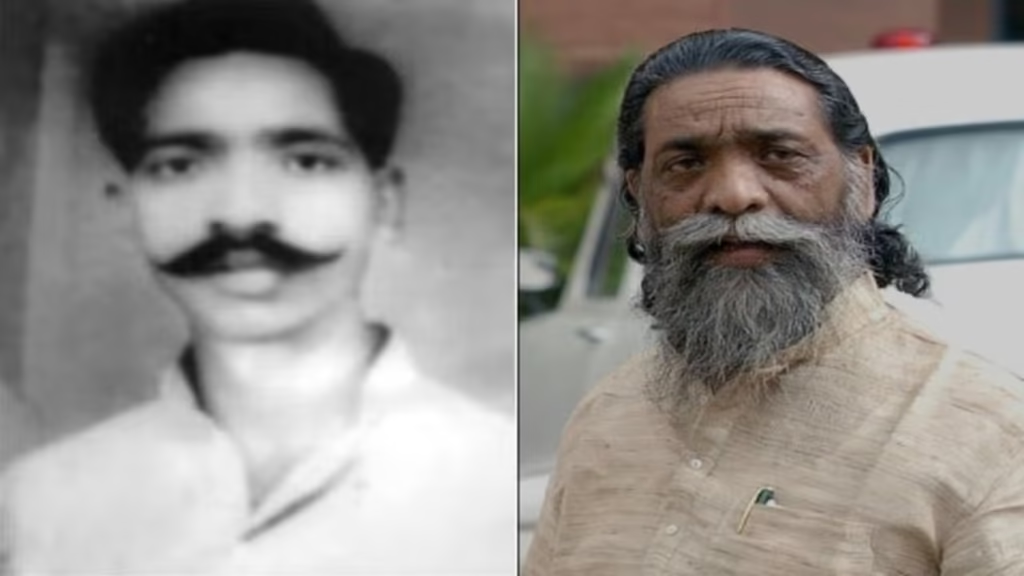
This personal tragedy shaped his resolve to champion the rights of tribal communities facing land alienation and systemic injustice.
Education
Soren’s formal education was modest but significant for a tribal youth in a marginalized region. He completed his matriculation at Gola High School in Hazaribagh, Jharkhand. After his father’s murder, he left school to work as a wood trader to support his family. Despite limited academic credentials, Soren’s real education came from the struggles of his people, which he channeled into his political activism.
Political Career: A Relentless Voice for Jharkhand
Soren’s political journey began in the early 1970s, rooted in his fight against the exploitative Mahajani system that trapped tribals in debt and land loss. At 18, he founded the Santhal Navyuvak Sangh to unite tribal youth for social change. In 1972, alongside A.K. Roy and Binod Bihari Mahato, he co-founded the Jharkhand Mukti Morcha (JMM), with the primary goal of securing a separate Jharkhand state.
His activism often involved bold actions, such as organizing tribal communities to forcibly harvest paddy from lands seized by moneylenders, with men guarding with bows and arrows while women worked the fields. These efforts cemented his image as a folk hero.
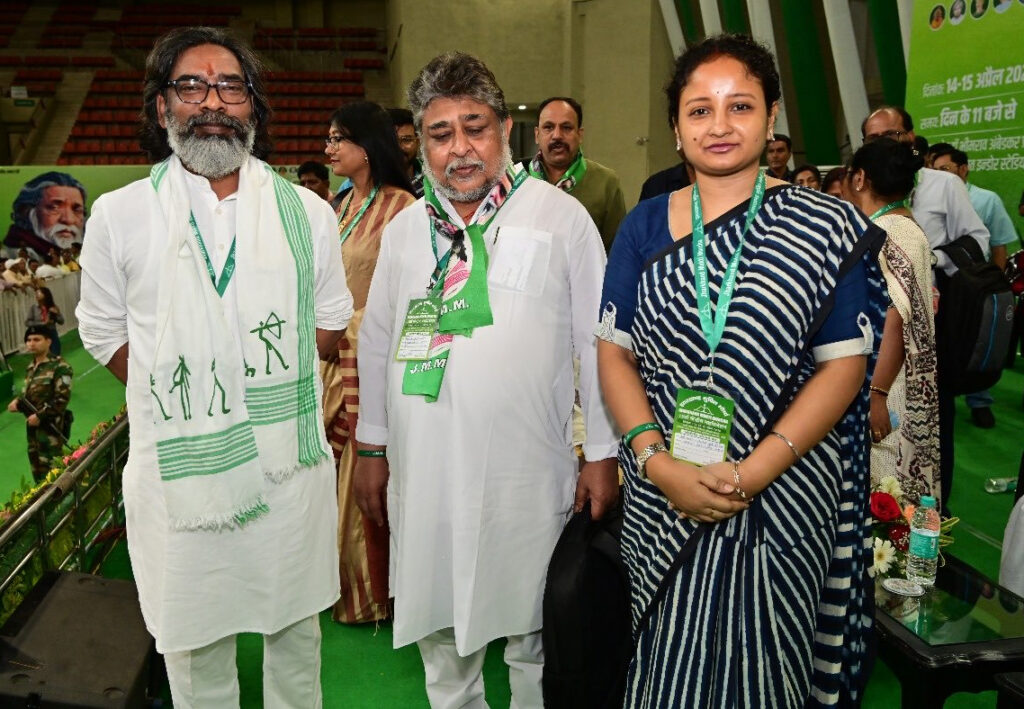
Soren’s political ascent included:
- Lok Sabha Representation: Elected eight times from Dumka (1980, 1989–1998, 2002–2019), he was a prominent tribal voice in Parliament. He lost in 1998, 1999, and 2019 to BJP’s Sunil Soren.
- Rajya Sabha: Served briefly in 2002 and again from June 2020 until his death in 2025.
- Union Minister: Appointed Union Coal Minister three times (2004, 2004–2005, 2006) under the UPA government, though legal troubles often cut his tenure short.
- Chief Minister of Jharkhand: Served three brief terms:
- March 2–11, 2005 (10 days), resigned after failing to secure a vote of confidence.
- August 27, 2008–January 12, 2009 (145 days), ended due to coalition disputes.
- December 30, 2009–May 31, 2010 (151 days), collapsed when BJP withdrew support.
Soren’s leadership in the Jharkhand statehood movement culminated in the state’s creation on November 15, 2000, carved out of Bihar. His ability to mobilize tribal communities made JMM a dominant force in Chotanagpur and Santhal Pargana. Despite controversies, including allegations of involvement in the 1975 Chirudih massacre and the 1994 murder of his secretary Shashi Nath Jha (both acquitted), Soren remained a revered figure.
Best Actions and Reforms as Chief Minister
Though Soren’s tenures as Chief Minister were short, his focus on tribal empowerment and social justice left a mark:
- Land Reforms: Soren prioritized protecting tribal lands from alienation, a core JMM agenda. He pushed for stricter enforcement of laws like the Chotanagpur Tenancy Act to prevent non-tribal acquisition of tribal lands.
- Anti-Moneylender Campaigns: His administration built on his earlier activism, promoting policies to curb exploitative lending practices that trapped tribals in debt.
- Tribal Welfare: Soren advocated for better access to education and healthcare for tribal communities, emphasizing adult literacy programs and community-driven development.
- Infrastructure Development: Though specific project details are scarce, his governments supported rural infrastructure, including roads and irrigation in tribal areas, to boost economic self-reliance.
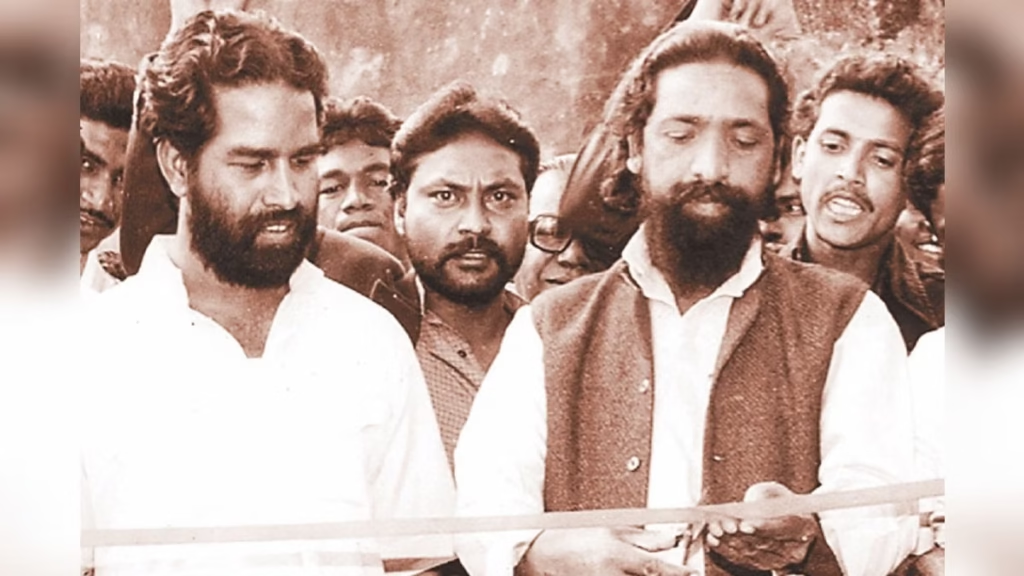
Due to the brevity of his terms and coalition instability, many initiatives remained incomplete, but his symbolic leadership inspired long-term policy focus on tribal rights.
Total Cost of Projects Run by Shibu Soren
Exact figures for the total cost of projects initiated under Soren’s chief ministerships are not well-documented in public records, as his tenures were brief and often disrupted. His administrations focused on small-scale rural development, tribal welfare programs, and land restoration efforts rather than large, high-budget projects.
No comprehensive data exists on aggregate costs, but initiatives like rural road construction and irrigation schemes likely involved state budgets in the range of crores, typical for Jharkhand’s development programs at the time. For precise figures, state government archives or JMM records would need to be consulted.
Family Life
Shibu Soren married Roopi Kisku on January 1, 1962. The couple had four children: three sons—Durga, Hemant, and Basant—and a daughter, Anjali (also referred to as Anjani in some sources).
- Durga Soren: The eldest son, died in May 2009. His wife, Sita Soren, is now a BJP member.
- Hemant Soren: The current Jharkhand Chief Minister (2013–2014, 2019–present), carrying forward the JMM legacy. Married to Kalpana Soren, he has two sons.
- Basant Soren: An MLA from Dumka, active in JMM.
- Anjali/Anjani Soren: Heads JMM’s Odisha unit.
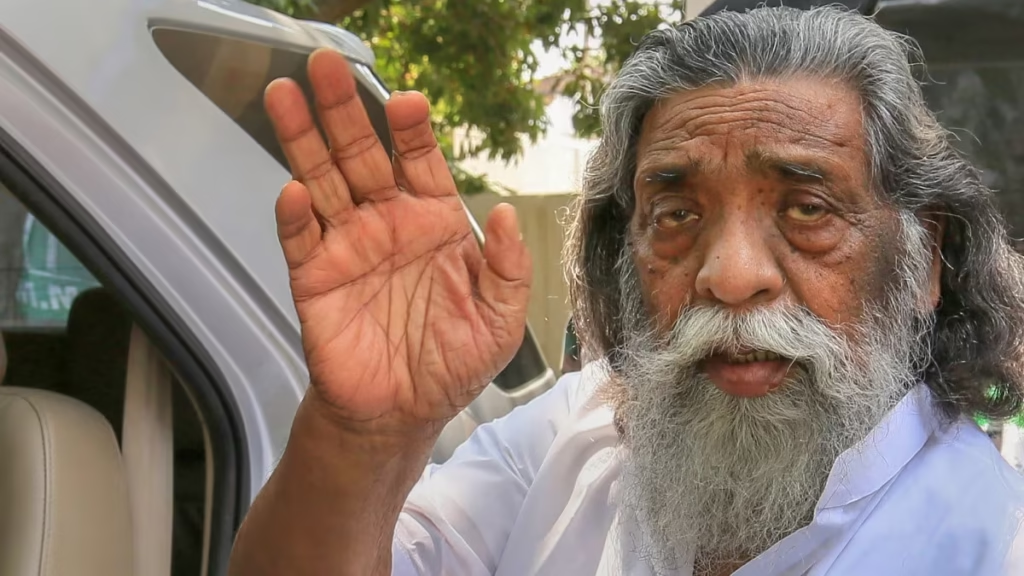
Soren’s family lived modestly, reflecting his austere lifestyle. A vegetarian and teetotaler, he was known for carrying home-cooked meals in a steel tiffin to Parliament, sharing food with aides and MPs. His simplicity resonated with supporters.
Women in Shibu Soren’s Life
Beyond his wife, Roopi Kisku, and daughter, Anjali/Anjani, there is no documented evidence of other women playing significant personal roles in Soren’s life. Roopi supported him through his turbulent career, while Anjali has emerged as a political figure in JMM’s Odisha operations. Public records and tributes focus on his family and political allies, with no mention of romantic controversies or other influential women.
Health Conditions and Death
Soren’s health began deteriorating in early 2009, with age-related ailments and kidney complications. By June 19, 2025, he was admitted to Sir Ganga Ram Hospital in Delhi for chronic kidney disease, diabetes, and a recent brain stroke.
He was on dialysis and ventilator support for the final month of his life. Despite brief signs of improvement in July, his condition worsened, and he passed away peacefully on August 4, 2025, at 8:56 AM, with his family, including son Hemant Soren and wife Kalpana Soren, by his bedside.
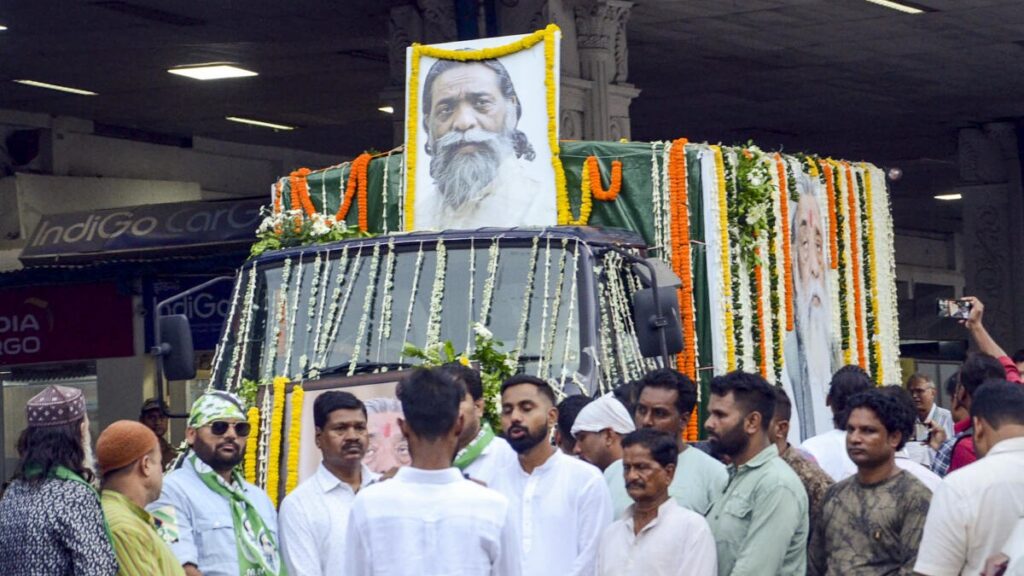
Last Rites and Body Transport
Following his death, Jharkhand declared a three-day state mourning from August 4 to 6, 2025. The mortal remains of Shibu Soren were transported from Delhi to Ranchi on the evening of August 4, 2025, around 5:30 PM, and taken to his residence in the Morabadi area. On August 5, 2025, his body was brought to the Jharkhand Legislative Assembly at 10 AM for public tributes, before being taken to his native village, Nemra, in Ramgarh district, where his last rites were performed.
What’s Next for Jharkhand?
Soren’s death marks the end of an era, but his son, Hemant Soren, ensures the JMM’s continuity.
Hemant’s leadership, bolstered by JMM’s 2019 assembly election victory, focuses on:
- Tribal Empowerment: Continuing land rights and welfare programs.
- Economic Development: Promoting tourism (e.g., Deoghar airport) and addressing Maoist insurgency and drought.
- Political Stability: Navigating coalition dynamics, a challenge that plagued Shibu’s tenures.
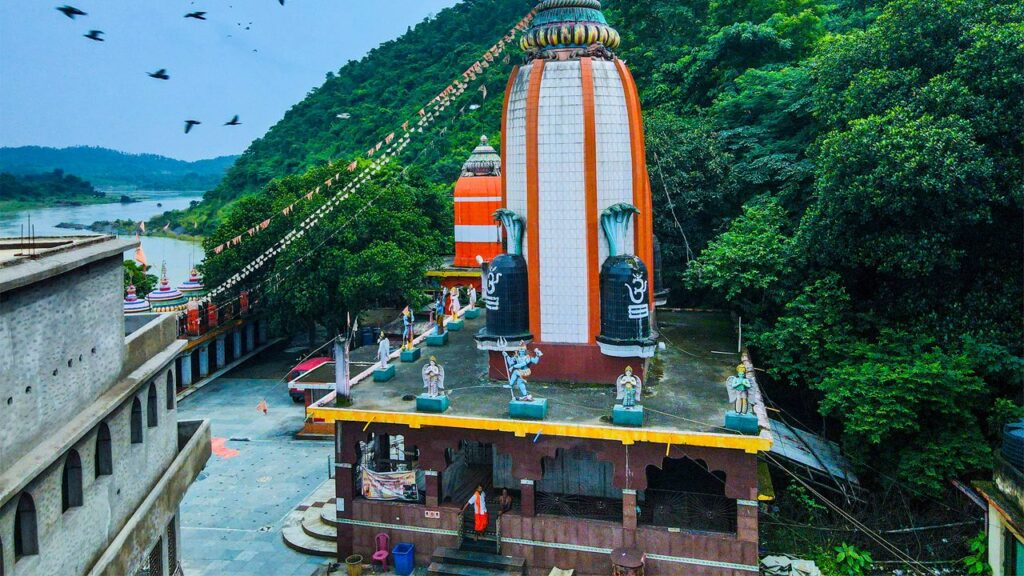
Jharkhand faces ongoing issues of political instability, resource exploitation, and tribal marginalization.
Hemant’s ability to build on his father’s legacy while addressing modern challenges like industrialization and climate resilience will shape the state’s future.
Conclusion
Shibu Soren’s journey from a tribal youth to Jharkhand’s Dishom Guru is a testament to his unwavering commitment to his people. Despite controversies and brief tenures, his role in Jharkhand’s statehood and tribal advocacy remains unmatched.
His death on August 4, 2025, at Sir Ganga Ram Hospital and the subsequent tributes in Ranchi and Nemra reflect his enduring legacy.
As JMM transitions under Hemant Soren, Shibu’s ideals of justice and dignity will continue to guide Jharkhand’s path forward.


Comments